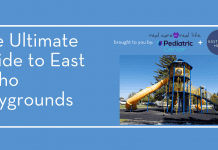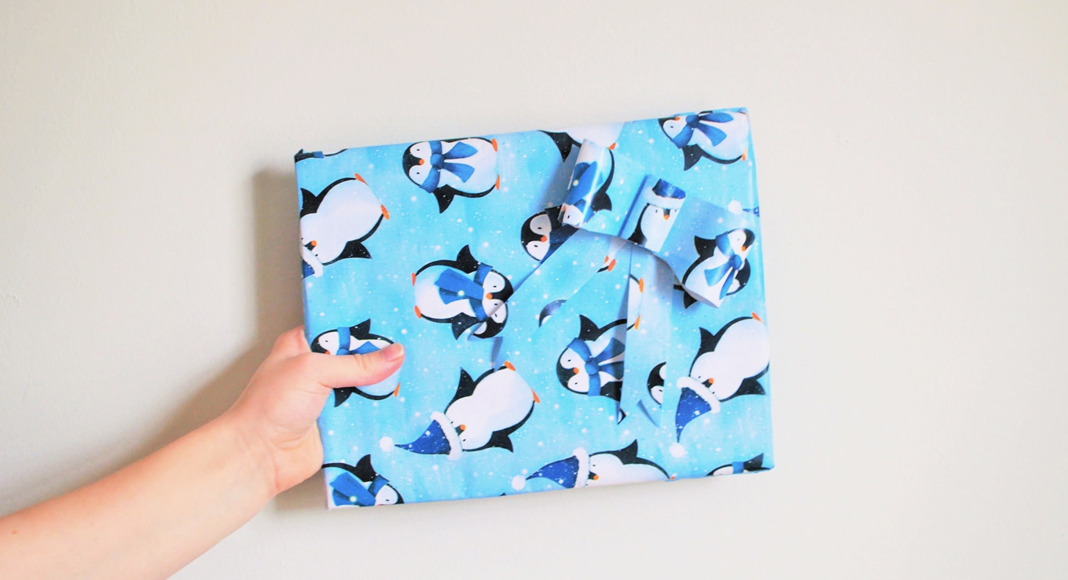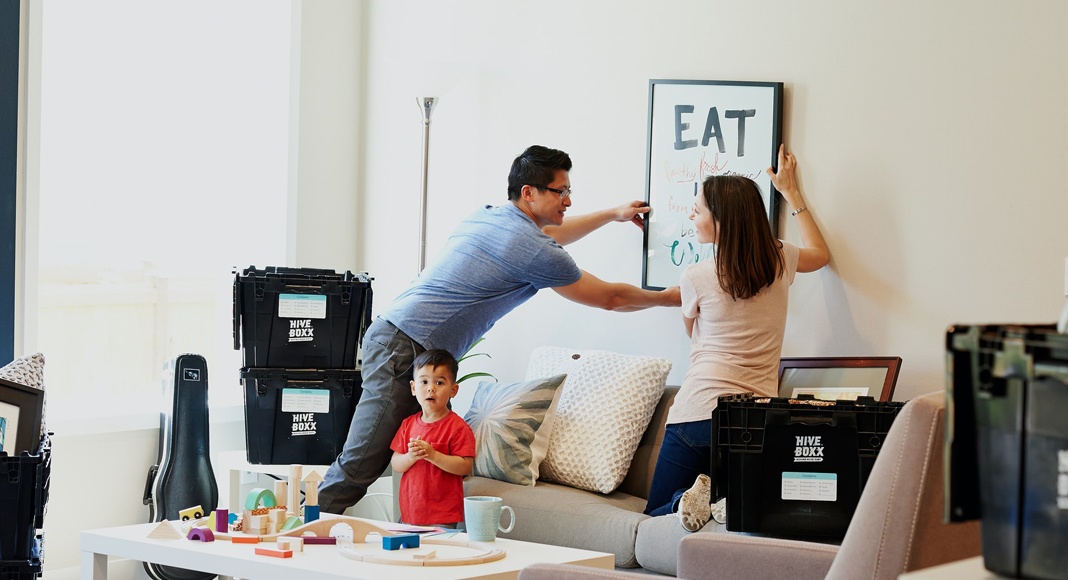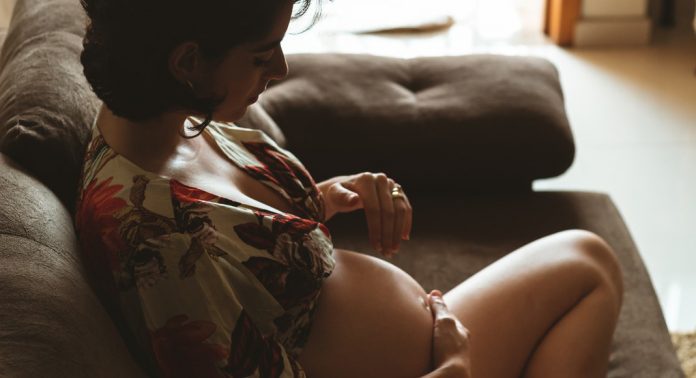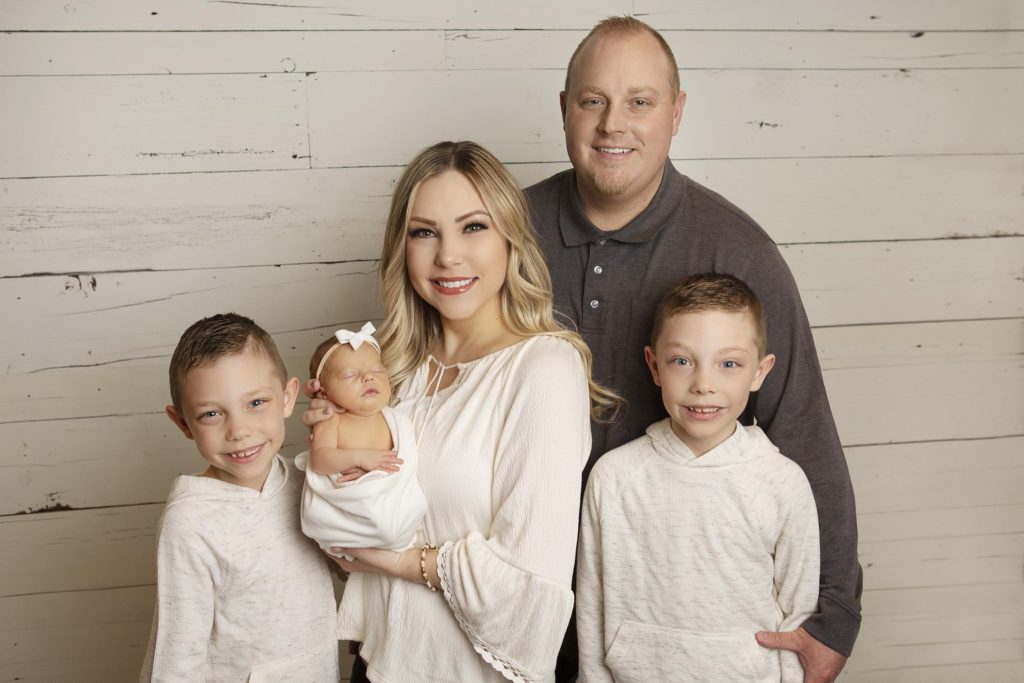 Postpartum can be hard. There is so much you have to learn and this new body you are trying to grow accustomed to does not come with a manual. I had the wonderful opportunity to interview Monarch Healthcare’s new PA-C, McKenzie Hart, about postpartum and her tips to keep you and baby healthy.
Postpartum can be hard. There is so much you have to learn and this new body you are trying to grow accustomed to does not come with a manual. I had the wonderful opportunity to interview Monarch Healthcare’s new PA-C, McKenzie Hart, about postpartum and her tips to keep you and baby healthy.
McKenzie is an Idaho Falls mom of twin boys and a new baby girl. After working for a family practice, she realized she had a passion for women’s health. As a mother, she couldn’t help relating to her patients and made the switch to Monarch after her daughter was born. McKenzie is an advocate for her patients and wants them to be well educated about their body and their health. I interviewed McKenzie as she was enjoying her maternity leave, making her uniquely qualified to answer all questions concerning postpartum.
The information in this article is based on general health recommendations; for your individual health concerns, please consult your healthcare provider.
What can I do to help with vaginal or cesarean section pain during postpartum?
Muscle soreness and pain are common during the postpartum period. With a vaginal birth or C-section, your body has gone through a major event and needs a little love. McKenzie provides these recommendations:
- Follow provider recommendations on activities to avoid while healing to prevent worsening pain and/or delay of healing.
- Use over the counter pain medication, such as ibuprofen and/or Tylenol. (These are both safe when breastfeeding; however, you should always check with your provider before starting any new medications.)
- Place an ice pack on the vaginal area. This is useful if you experienced a perineal tear as it reduces inflammation. You can also use an ice pack on the abdomen and c-section incision.
- Use stool softeners to reduce the strain when having a bowel movement.
- Enjoy a sitz bath after vaginal birth once given the go-ahead by your provider.
- Use a peri-bottle to rinse and keep the perineal area clean; it can also be soothing if the areas are sore.
- Limit strain to sore areas and try to keep the body as comfortable as possible. If vaginal birth, try to avoid sitting on hard surfaces and use a donut pillow to make sitting more comfortable. If you had a C-section, make sure to support your core with an abdominal binder.
What can I do to help with cramping?
Cramping can occur after giving birth as the uterus begins to contract and shrink to its non-pregnant state. In most cases, cramping can be relieved with ibuprofen and/or Tylenol. A heating pad on the abdomen may also be helpful.
What should I avoid while healing after giving birth (vaginal or c-section)?
While the media makes it look like women can jump right back into their normal lives, that is not actually the case. McKenzie suggests avoiding the use of tampons, lifting anything heavier than your baby, sitting in public pools/hot tubs, strenuous activities, and intercourse until cleared by the provider. For c-sections, avoid baths until the incision is healed.
What can I do to lose weight and recover?
The biggest thing you can do for your body is rest. Sleep when you can and try to maintain your sleep as much as possible. If someone offers to help care for the baby so you can sleep, take them up on it. Eating nutritious foods and drinking eight 8-ounce glasses of water a day will help support your body as it heals. Do not jump back into exercise too quickly, follow your practitioner’s recommendations.
McKenzie’s biggest advice for new moms:
“Be flexible because everything you imagined motherhood being is likely going to be that and so much more. Motherhood is amazing but can also be crazy and unpredictable, so it’s important to learn to be flexible. It’s not always going to go the way you planned, but many times you will find that when it doesn’t, it ends up even better than you envisioned.”
McKenzie knows how hard and rewarding motherhood is and wants her patients to know how much she truly cares. She loves being a mother and the unconditional love it has to offer. McKenzie looks forward to supporting the women in this area through every stage.
We have partnered with Monarch Healthcare on a number of other posts to bring you the latest information on women’s health. The articles below may also interest you.
Your Frequently Asked OBGYN Questions Answered
Postpartum Depression :: What It Is and What It Isn’t
The Beauty is in the Picture :: An Expecting Mom’s Guide to Ultrasounds
Questions Every Expecting Mother Should Be Asking About Gestational Diabetes
Pregnancy Myth or Truth :: Dr. Huggins Gives Us Some Answers

